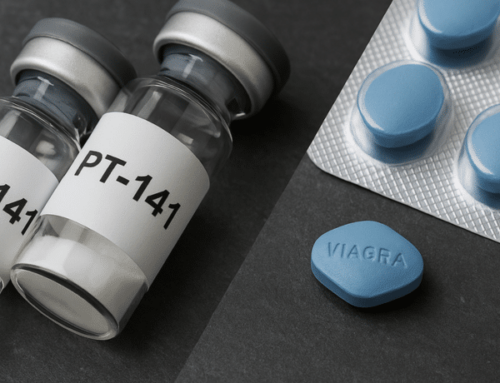Introduction
Semaglutide is a revolutionary
medication that has been changing the landscape of diabetes and weight management. However, as you embark on this journey to better health, it’s essential to understand the crucial role of nutrition in maximizing its benefits. In this article, we’ll explore the importance of getting enough protein when using Semaglutide, which can be a game-changer for individuals looking to improve their overall well-being.
Understanding Semaglutide
Semaglutide is a medication designed to help control blood sugar levels and promote weight loss in individuals with type 2 diabetes, high blood pressure, high cholesterol and obesity. It works by mimicking the effects of a hormone called GLP-1 (glucagon-like peptide-1), which helps regulate blood sugar and appetite. This
medication can lead to significant improvements in glycemic control and weight management.
The Protein Connection
Protein is an essential component of a healthy diet, and it plays a critical role when using Semaglutide for several reasons:
Blood Sugar Regulation: Protein helps stabilize blood sugar levels, reducing the spikes and crashes that can be problematic for individuals with type 2 diabetes. When Semaglutide is used in
conjunction with a diet rich in protein, it can lead to even better glycemic control.
Satiety and Appetite Control:
High-protein foods are known for their ability to promote feelings of fullness and satiety. This can be especially beneficial for those using Semaglutide to manage their weight, as it helps control food intake and reduces cravings.
Muscle Preservation: Adequate protein intake supports muscle health, and this is crucial when you’re aiming for weight loss with Semaglutide. Retaining lean muscle mass is essential for a healthy metabolism and overall strength.
Nutrient Density: Protein-rich foods often come with an array of essential nutrients and minerals that are beneficial for overall health. They can help ensure you’re getting the nutrition you need while managing your diabetes or obesity.
Tips for Incorporating More Protein
To make the most of your Semaglutide treatment, consider the following tips for increasing your protein intake:
Choose Lean Protein Sources: Opt for lean proteins like poultry, fish, tofu, beans, and low-fat dairy products to minimize saturated fat intake.
Balanced Diet: Ensure your diet is well-balanced with a variety of foods, including fruits, vegetables, whole grains, and protein sources to meet all your nutritional needs.
Portion Control: Pay attention to portion sizes to avoid overconsumption, which could lead to excess calorie intake.
Consult a Nutritionist: A registered dietitian or nutritionist can help you create a personalized meal plan that aligns with your Semaglutide treatment and nutritional requirements.
Conclusion
Incorporating adequate protein
into your diet when using Semaglutide can significantly enhance the
effectiveness of this remarkable medication. Whether you’re looking to manage blood sugar levels, shed extra pounds, or achieve overall well-being, protein plays a pivotal role in your journey to health. Don’t forget to consult with your wellness provider or nutritionist for personalized advice and guidance on how to optimize your diet with Semaglutide.
Schedule a free consultation today.






